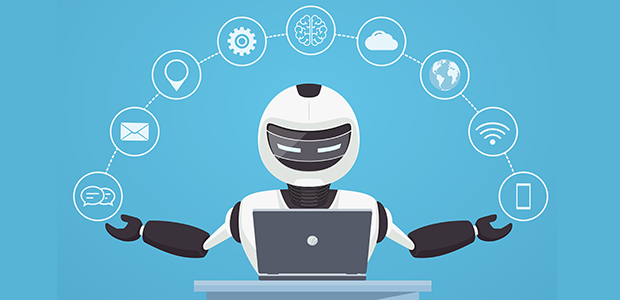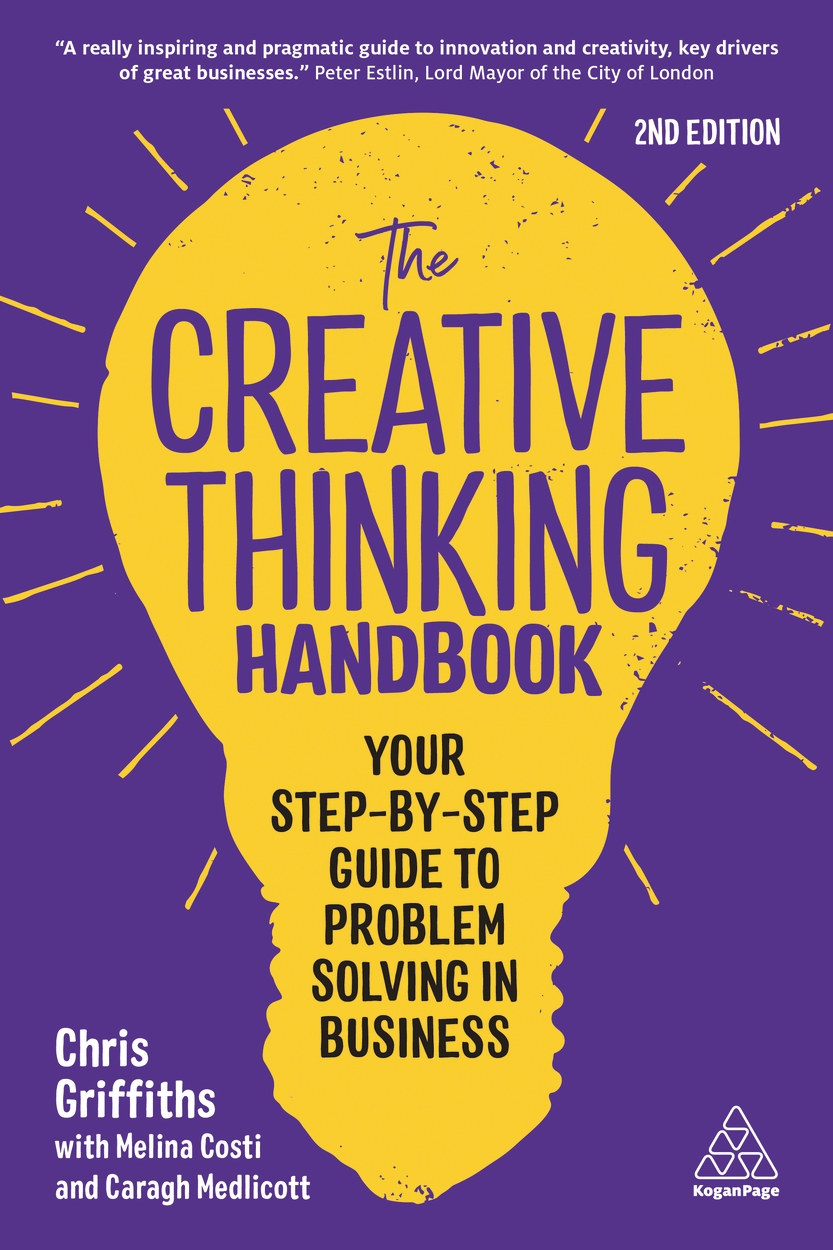
What skills will an AI supported workplace need?
The dawn of the AI age has only just begun, and we can only guess at the developments which will come to fruition over the next few decades. Some have said that the recent AI breakthroughs are comparable to the invention of the steam engine – and just as the steam engine ushered in the industrial revolution, the AI era will change the way we work forever. Chris Griffiths and Caragh Medlicott, authors of The Creative Thinking Handbook share their insight. Chris is also the founder of Ayoa.
It’s natural that such seismic change brings with it a certain amount of fear and scepticism, but an open mind is the best way to stay resilient. A tide of automation is coming – and it’s not just the rote jobs which are at risk, but entire industries (including medicine and law) which are now due to see huge changes.
It’s important to note, however, that change does not mean eradication. There is sometimes a false dichotomy created which wrongly positions this new technology as something in opposition to human ingenuity. But this is not the case. AI is here to augment – rather than supplant – the way we work.
Workplaces which prepare to meet these changes head on will ultimately flourish. By fostering the following key skills, businesses can reap the benefits of working with AI while still making the most of the traits which make us human in the first place.
Critical thinking
Critical thinking has always been an asset in the workplace, but in the AI era, it will become even more important. In the simplest possible terms, critical thinking refers to the ability to engage with a concept or piece of information in a critical, in-depth way. That means understanding the wider context in which the information sits, recognising personal bias, evaluating its accuracy and taking into consideration alternative viewpoints.
AI can sift through huge amounts of data and make it useful through statistics and analytics. However, AI does not have subjective experience – and it is through the context of our personal viewpoint that we’re able to contextualise the world, and so recognise nuance. This will be an invaluable skill for making AI output useful, as teams who engage in critical thinking can spot potential mistakes (AI is not infallible) and also challenge any potential biases.
True creativity
Many creative geniuses have changed the course of history with inventions which break the mould of what was thought to be possible. Innovation is the lifeblood of success in business, and it’s something everyone is seeking more of. This is where AI technologies can help – rather than hinder – when it comes to growth. Not necessarily by producing creative ideas instead of humans, but as a source of inspiration.
Of course, AI can produce its own ideas by rearranging existing pieces of information to form something new – and this can be very helpful. However, it does not have the cultural understanding to produce truly mould-breaking ideas. Instead, it can provide insightful analytics, research and suggestions which will guide AI-supported workplaces to truly ground-breaking ideas at greater speed.
Emotions & ethics
Last but not least, any workplace looking to maximise success with AI, should also nurture the human skills to go along with it. AI does not have conscious experience and as such has no sense of moral agency – instead, it acts on the data it is trained on. Something which sometimes leads to the replication of human bias.
That’s why emotions and ethics will be extra important for successful AI-supported workplaces. Both in checking that AI is not inadvertently outputting discriminatory information, and in using AI in a responsible and ethical way.
In summary
Like it or not, AI is coming. Workplaces which are able to adapt to these new technologies while fostering the crucial human skills which make the collaboration between man and machine productive, will gain an unstoppable competitive advantage.



